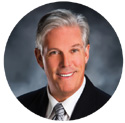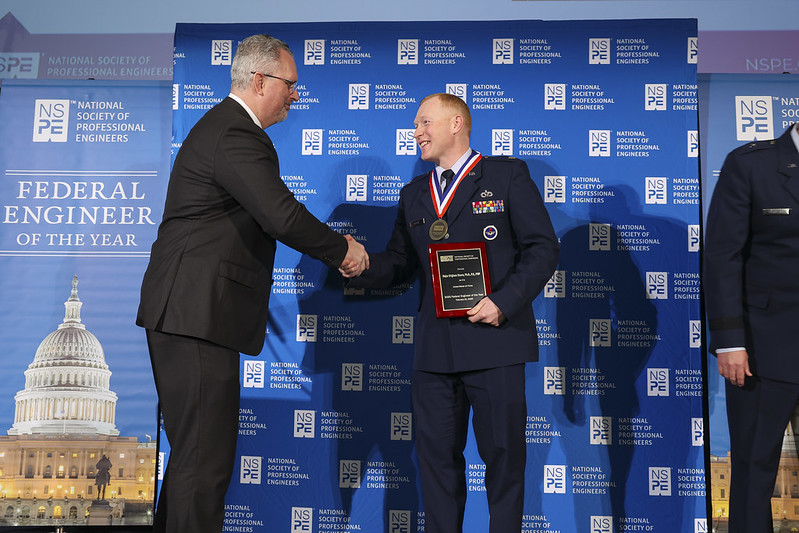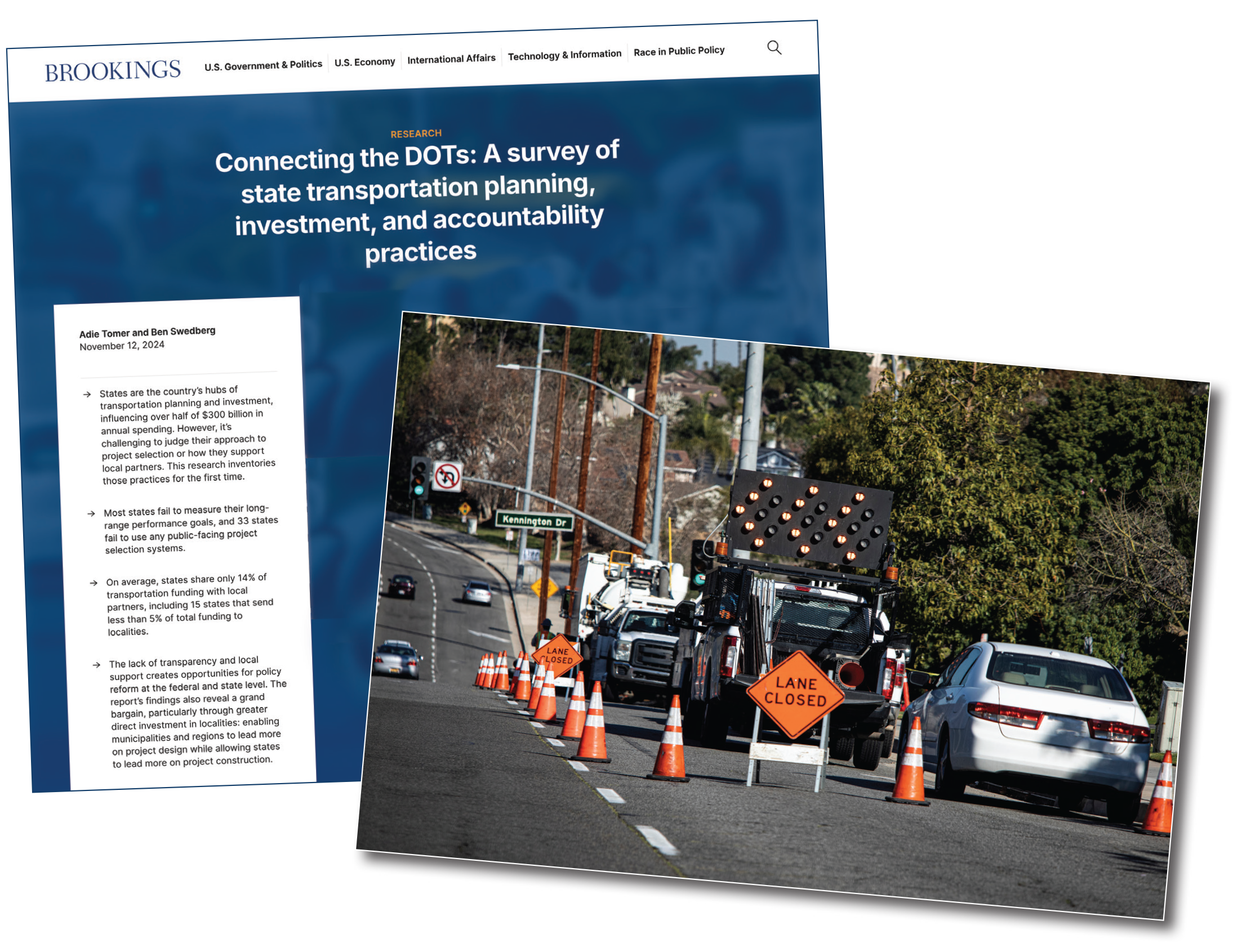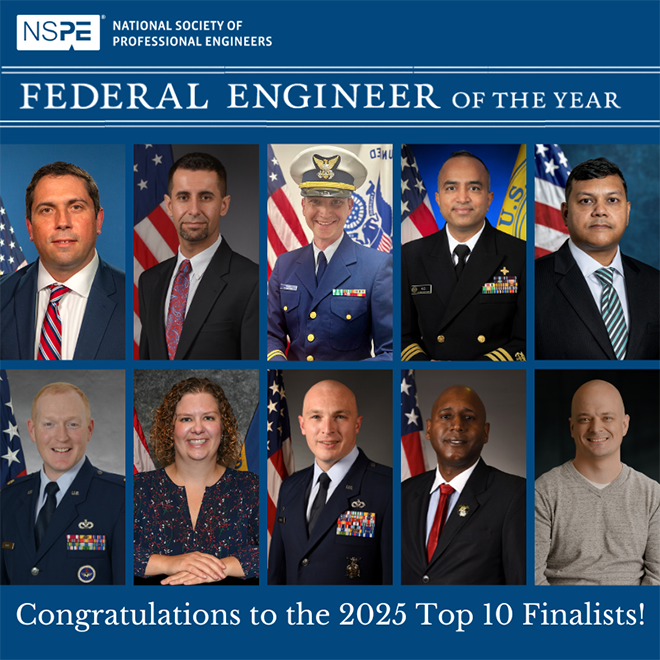March/April 2017
Communities: Government
From Growing a Business to Growing an Economy
An NSPE member takes on a new role as West Virginia commerce secretary.
In the early 1980s, a young engineer partnered with his father to form a civil engineering company. Together, H. Wood “Woody” Thrasher, P.E., and his father Henry built a company with one West Virginia location and three employees up to a civil engineering and architectural consulting firm that now has more than 300 staff members and six locations in four states.
But now Woody Thrasher has stepped away from the Thrasher Group to take on a new role. The NSPE member and past president of the West Virginia Society of Professional Engineers has answered a call from the state’s governor to serve as secretary of commerce and reinvigorate job growth and economic development in the state.
Thrasher, who is also involved in commercial and residential development, explains that he was inspired by Governor Jim Justice’s willingness to step away from his own businesses—including ownership of the historic Greenbrier resort—for public service.
And Justice, who had worked with Thrasher prior to his election, said in announcing his pick that the engineer “totally shares my vision that what we need is a better marketing and economic opportunity surrounded by jobs, jobs, jobs for the people of West Virginia.”
As the PE puts it, parts of West Virginia have been “decimated economically because of the war on coal.” That’s resulted in “tremendous unemployment and a lot of suffering on the part of a lot of good people.” It’s also brought an awareness that the state needs to diversify its businesses, he says.
“We have a beautiful state; the quality of life is second to none,” he continues, “but we became a little too dependent on those resource revenues.” He’s excited to now help create a new economic dynamic.
Part of the plan is a focus on infrastructure, in order to help jump-start the economy. The governor’s areas of focus include highway construction, broadband extensions, and pipelines to facilitate the transportation of natural gas produced in the state, Thrasher explains.
“Engineers spend their time making society a better and safer place to live,” he says. “I’m just going to try to continue that same fundamental concept, through economic development, that was built into me at a very young age.”
The PE has turned his businesses over to a blind trust in order to prevent conflicts of interest while he is commerce secretary. Although he’s confident in the managers running them, he notes that this was challenging. “Other than my family, that’s the most important thing to me,” he says. “Those are my creations.” But it was a necessary step, he explains, to serve.
And he is a strong advocate for other engineers and PEs to similarly take on the challenge of politics. Another NSPE member and West Virginian, David McKinley, P.E., serves in the US House of Representatives. But this is rare, Thrasher points out, calling the lack of engineers in political decision making a “travesty.”
Thrasher understands that engineers often like to stay in situations that are clearly defined, with predictable outcomes. “Obviously that is not the case in the political arena.”
But, he emphasizes, who is better equipped to make decisions when many factors are involved? “We go through school and are taught how to solve problems,” Thrasher says. “I really believe we are a grossly underutilized asset in society.”
In addition, he emphasizes, engineers and PEs offer an inherent credibility and a good reputation. The profession that’s highly regarded needs to be leveraged, Thrasher says. “Who better than us to influence society in the right direction?”
Another benefit: PEs in public office can help policymakers learn about the importance of licensure.
For those interested in pursuing public service, Thrasher recommends starting with areas such as highway departments or economic development groups, which are “less political and more results-driven.” State agencies are good ways to get involved and perhaps more comfortable for engineers, he says.
And for Thrasher, whether he continues in public office or returns to private life is currently undetermined. For the next four years, he explains, he will concentrate on his commitment to serve the governor and improve the welfare of the state’s citizens. “Right now,” he says, “my whole focus is to try to make those four years as productive as possible.”
 “We have a beautiful state; the quality of life is second to none,” he continues, “but we became a little too dependent on those resource revenues.”
“We have a beautiful state; the quality of life is second to none,” he continues, “but we became a little too dependent on those resource revenues.”
—H. Wood “Woody” Thrasher, P.E.


 Volunteering at NSPE is a great opportunity to grow your professional network and connect with other leaders in the field.
Volunteering at NSPE is a great opportunity to grow your professional network and connect with other leaders in the field. The National Society of Professional Engineers (NSPE) encourages you to explore the resources to cast your vote on election day:
The National Society of Professional Engineers (NSPE) encourages you to explore the resources to cast your vote on election day:





